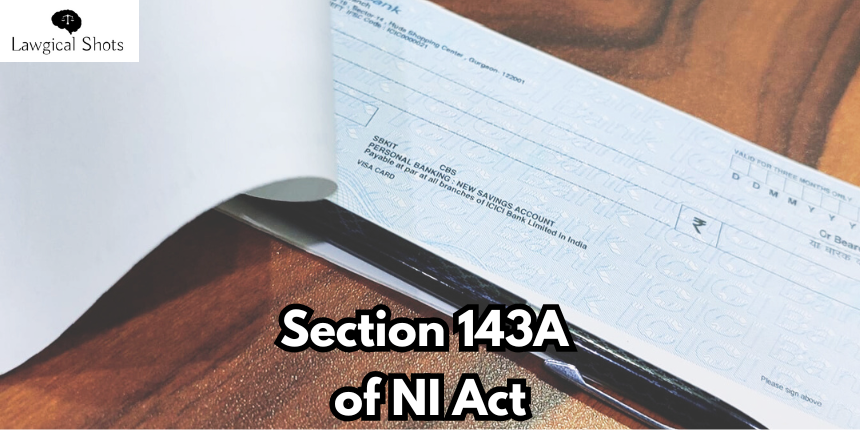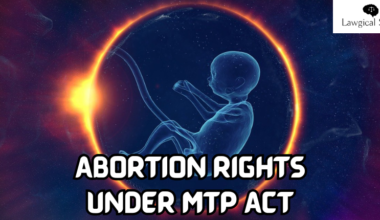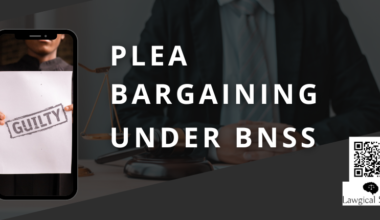Cheque Bounce and its legal consequences are known to almost everyone. But only a few know that a few years ago, a relief was added for the complainant in the name of Section 143A of Negotiable Instruments Act, 1881. The said provision introduced payment of interim compensation while the matter regarding cheque dishonour is still under trial. The purpose is to give a hand to the complainant who may be suffering financially due to the alleged non-payment of debt against the cheque which is the centre of dispute in a Section 138 NI Act case. To understand what the provision lays, explore the page below.
Section 143A of Negotiable Instruments Act, 1881
Section 143A NI Act provides for the power of the Trial Court to direct interim compensation in cheque bounce case. The said Court may order the drawer of cheque to pay interim compensation in a matter under Section 138 of NI Act, when he pleads not guilty and charges are framed. It further provides that the interim compensation is not supposed to exceed 20% of the amount involved in cheque. The said interim deposit under Section 143A of Negotiable Instruments Act, 1881 has to be paid within 60 days of Court’s directions, and the time limit may be extended for another 30 days if sufficient cause for delay is shown.
As per Section 143A of NI Act, if the drawer of cheque is acquitted, the complainant is directed to repay the interim compensation so paid by the drawer of cheque along with interest at such rate as fixed by the Reserve Bank of India. The interim compensation under Section 143A of NI Act can be recovered as a fine in accordance with Section 463 of Bharatiya Nagarik Suraksha Adhiniyam, 2023. At last, it may be noted that the amount paid in interim compensation under Section 143A is adjusted in the total amount of cheque.
Cheque Bounce Case – How to Pay Interim Compensation?
The amount of compensation under Section 143A of Negotiable Instruments Act is payable in the mode as the Court orders. It could be directly transferred in the complainant’s account, or deposited with the District Judge in the form of a demand draft. In that case, the complainant applies to the said District Judge for withdrawal of said amount of interim compensation. There is a third option wherein payment is done in favour of the Court’s NAZARAT branch or the District Legal Services Authority, which may be withdrawn later by the complainant.
Supreme Court Judgment on Section 143A NI Act
Rakesh Ranjan Shrivastava v. State of Jharkhand (decided on March 15, 2024)
The Supreme Court has clarified whether the provision under Section 143A of Negotiable Instruments Act, 1881 is directory or mandatory. The Court explained that “the word “may” used in Section 143A, cannot be construed or interpreted as “shall”. Therefore, the power under sub-section (1) of Section 143A is discretionary.”
Shri Gurudatta Sugars Marketing Pvt. Ltd. v. Prithviraj Sayajirao Deshmukh & Ors. (2024 INSC 551)
In a recent case, the Supreme Court clarified that the authorised signatory of a company was not the drawer of the cheque, and thus, could not be directed to pay interim compensation under Section 143 A of NI Act.
G. J Raja v. Tejraj Surana (decided on July 30, 2019)
The Apex Court clarified that the application of interim compensation under Section 143A would be prospective in nature. In other words, the Trial Court could not direct the drawer of cheque to pay interim compensation in cheque bounce cases already pending before the Courts. The same could be ordered only in matters in which the offence under Section 138 of NI Act was committed after introduction of Section 143A in the Act.
Crux of 20 Percent Rule under 143A of NI Act
While the original law on cheque bounce did not include anything about interim compensation in a 138 case, the amendment was brought in 2018 which brought some sense of financial relief for the complainant, by introducing a 20% deposit in cheque bounce case. The Trial Court may look at the facts and it’s the discretion whether to order interim compensation, and what percent to be paid (maximum 20% deposit as per the rule). To get the interim compensation, the complainant has to apply to the Trial Court for the same. For withdrawal, another application has to be made by the complainant. In case the cheque bounce case is compounded after the drawer is ready to pay the cheque amount, the interim compensation so paid is adjusted with the whole amount. However, if the person is acquitted, the said amount has to be returned along with the applicable interest.
Also explore facts about cheque bounce case
FAQs around Section 143A of NI Act
Q. Was provision for interim compensation present in original Act?
A. No. The provision for interim compensation under Section 143A of Negotiable Instruments Act, 1881 was inserted through an Amendment Act 20 of 2018. The same came into effect from September 1, 2018. Thus, the
Q. Is the court not obliged to direct payment of interim compensation in cheque bounce cases?
A. People often have this confusion – “Is 143A mandatory or discretionary?” The Supreme Court in a recent case cleared the clouds of confusion in this regard. The Court settled that Section directions for interim compensation under 143A of NI Act were directory and not mandatory. Thus, it is up to the Trial Court if it deems fit to direct the drawer to pay an interim compensation.
Q. Is 20 percent deposit in cheque bounce case fixed?
A. No. The rule is directory and discretionary. In other words, whether or not to order interim compensation in a cheque bounce case depends upon the Trial Court. Also, the 20 percent limit is maximum, thus, the Court can order interim compensation of 5% or 10%, or full-fledged 20%, as it deems fit.
Q. Can interim compensation payable under section 143A be recovered?
A. Yes, the payment made under Section 143 of Negotiable Instruments Act can be recovered if the person is acquitted by the Court. If the complainant does not pay the amount, it can be recovered in the form of fine as well.
Q. Is order passed under Section 143A of NI Act an interlocutory order?
A. A High Court had recently clarified this aspect that a 143A order was not an interlocutory order but an immediate order. Thus, a revision petition against the said order was not maintainable.








